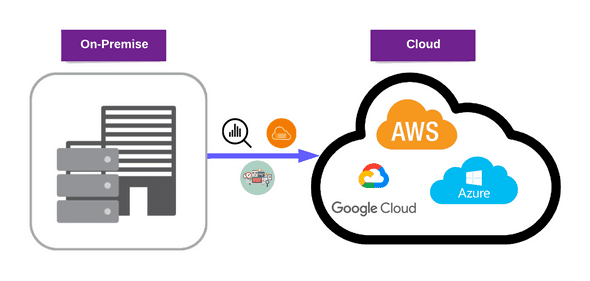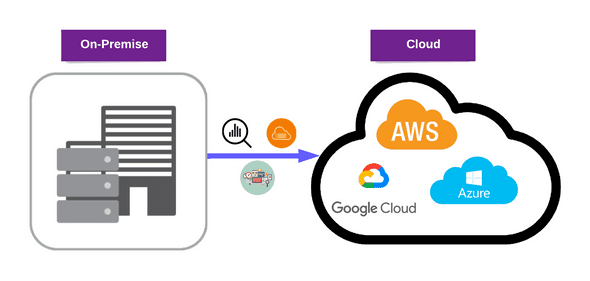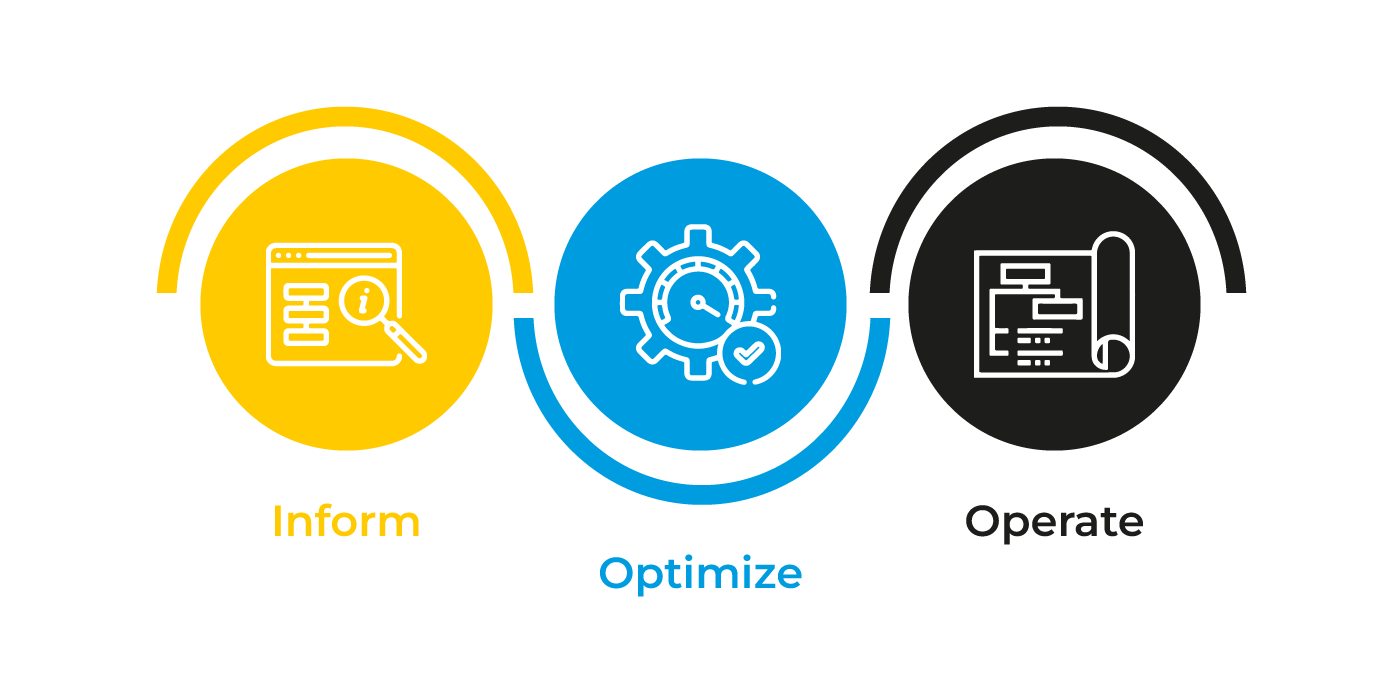
In today’s fast-paced digital landscape, Small and Medium-sized Businesses (SMBs) are constantly seeking ways to optimize their operations, enhance efficiency, and stay competitive. One of the most impactful decisions an SMB can make is migrating its infrastructure to Amazon Web Services (AWS). While the idea of cloud migration might seem daunting, the advantages for SMBs are numerous and can significantly contribute to long-term success.
Here’s why migrating to AWS is a game-changer for SMBs:
1. Cost Savings: Ditching the Upfront Investment
For SMBs, capital expenditure is often a major hurdle. Setting up on-premise servers, network equipment, and data centers requires significant upfront investment and ongoing maintenance costs. AWS operates on a pay-as-you-go model, meaning you only pay for the resources you consume.
- No upfront hardware costs: Say goodbye to expensive server purchases, racks, and cooling systems.
- Reduced operational expenses: Less need for dedicated IT staff to manage physical infrastructure, power, and cooling.
- Scalability for cost efficiency: Scale resources up or down based on demand, avoiding over-provisioning and wasted resources.
2. Agility and Scalability: Grow Without Limits
SMBs often experience fluctuating workloads and unpredictable growth. Traditional on-premise infrastructure struggles to adapt quickly, leading to either over-provisioning (and wasted money) or under-provisioning (and performance issues). AWS offers unparalleled agility and scalability.
- Elasticity: Instantly scale computing power, storage, and other resources up or down based on real-time needs. This is perfect for seasonal businesses or those experiencing rapid growth.
- Rapid Deployment: Launch new applications and services in minutes, not weeks or months, allowing you to quickly respond to market opportunities.
- Global Reach: Easily deploy your applications to multiple AWS regions around the world, expanding your market reach and improving latency for international customers.
3. Enhanced Security: Enterprise-Grade Protection
Security is a top concern for businesses of all sizes, and SMBs often lack the resources to implement robust security measures internally. AWS provides a highly secure, resilient infrastructure designed to protect your data.
- Shared Responsibility Model: AWS handles the security of the cloud (physical security, network infrastructure, etc.), while you are responsible for security in the cloud (your data, applications, configurations).
- Compliance Certifications: AWS adheres to numerous international and industry-specific compliance standards (e.g., ISO 27001, SOC, HIPAA), helping SMBs meet regulatory requirements.
- Advanced Security Tools: Access a vast array of security services like identity and access management (IAM), virtual private clouds (VPCs), encryption, and threat detection, usually out of reach for most SMBs.
4. Increased Reliability and Performance: Keeping Your Business Running
Downtime can be disastrous for any business, especially for SMBs where every minute counts. AWS is built for high availability and reliability.
- Redundancy and Fault Tolerance: AWS infrastructure is distributed across multiple Availability Zones within each region, ensuring high availability and automatic failover in case of an outage.
- Global Infrastructure: Leverage AWS’s vast global network to deliver low-latency performance to your users, regardless of their location.
- Managed Services: Offload the burden of managing databases, analytics platforms, and other common services to AWS, allowing your team to focus on core business activities.
5. Innovation and Competitive Edge: Leveraging Cutting-Edge Technologies
Migrating to AWS opens up a world of possibilities for innovation that would otherwise be inaccessible to many SMBs due to cost and complexity.
- Access to Advanced Services: Experiment with and integrate cutting-edge technologies like Artificial Intelligence (AI), Machine Learning (ML), Internet of Things (IoT), and serverless computing.
- Developer Productivity: AWS provides a rich ecosystem of tools and services that empower developers to build, deploy, and manage applications more efficiently.
- Focus on Core Business: By offloading infrastructure management to AWS, your team can dedicate more time and resources to developing new products, improving customer experiences, and strategic initiatives.
The Journey to the Cloud: Getting Started
While the benefits are clear, a successful migration requires careful planning. Consider starting with a small workload, perhaps a development environment or a specific application, to gain experience and build confidence. AWS also offers various resources, including documentation, training, and a strong partner network, to assist SMBs throughout their migration journey.
In conclusion, for Small and Medium-sized Businesses looking to reduce costs, increase agility, enhance security, and unlock new possibilities for growth and innovation, migrating to AWS is not just an option, it’s a strategic imperative in today’s digital economy. The cloud is no longer just for enterprises; it’s a powerful enabler for SMBs to thrive and compete effectively.


